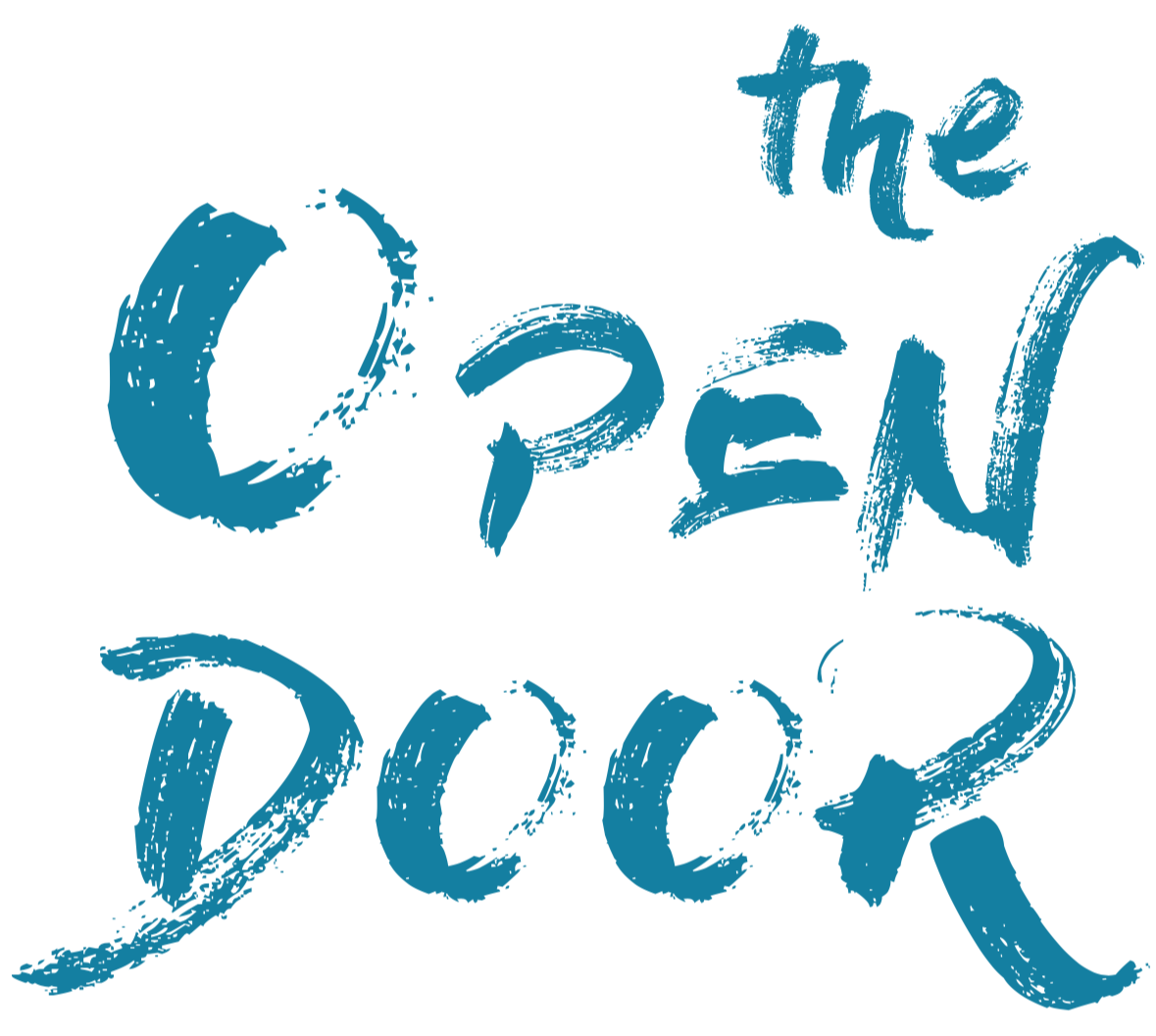It's Christmas! Will you enjoy it or merely survive it?
ALEXANDER TECHNIQUE might just make the difference.
Christmas is supposed to be a happy time, but many find it stressful. You’re expected to buy presents and special foods, to attend and host social gatherings while still doing your job, and to spend time with relatives you may not like very much. Ironically enough, those who do not experience these demands may feel neglected, useless, and lonely.
We probably can’t change the things that cause us stress, but we CAN alter our response to these stressors. You may have heard this before and that’s because it’s true! Your family members will know exactly how to ‘push your buttons’ to provoke a reaction. Do you have to follow the same old routine in response, or could you pause – for just a moment – and consider taking an alternative path?
In Alexander Technique (AT) we refer to this as ‘inhibition’, not in the sense of restriction but rather of freedom.
Imagine you always take the same route to reach your destination. It may be the quickest route … or perhaps it was the quickest route at the time you chose it, but now circumstances are different and an alternative route would be quicker, or more interesting. By taking a moment to say ‘no’ to habitual behaviour and to consider different options, you’re offering yourself the freedom to change.
In particular, AT looks at how we embody our typical response to stress (by tightening up), even when muscular tension can’t help us deal with the situation.
If you find yourself running late for an appointment and stuck in a long traffic jam, you may find you’re gritting your teeth and tensing your shoulders. Viewed logically, this isn’t going to help you reach your destination on time. It may even lead to aches and pains. It’s not easy to change these postural habits, but it can be done!
The first step is recognition; you can’t stop doing something if you don’t realise you do it. The second step is to say ‘no’. The third step is to choose what to do instead, and the best option may be to do nothing at all.
We’re not used to ‘doing nothing’ and may feel guilty about it. AT promotes the practice of ‘Active Rest’, a life skill where you learn to prevent your muscles from tensing up when they have no role to play. The fourth step in the process is establishing a better connection between brain and muscle.
There’s no need to feel guilty when retraining your neural pathways to respond more appropriately to a stimulus. During Active Rest you’re looking to regain some of the healthy postural balance you had as a child, whilst at the same time taking a rest. However, you’re not zoning out, because your aim is to be able to use this skill in everyday life.
Christmas isn’t exactly everyday life and presents some special challenges. Here are some tips to help you stay in balance.
· You may be called upon to perform unusual tasks such as shovelling snow, moving guest beds around, or loading a Christmas tree into the car. If so, think about what you’re doing and move in a balanced and released way without excess muscular tension. Think about the process, rather than rushing to get the job done.
· If you need to travel, plan well to make your journey as comfortable and stress-free as possible. Take water, snacks, and warm clothes in case you get held up.
· Consider whether you really need to do all the things you think you have to do. I remember my mother staying up till midnight on Christmas Eve making mince pies – but nobody ate any on Christmas Day … Perhaps you could delegate some tasks? Visiting relatives generally welcome the opportunity to feel useful. If feeling physically or mentally overwhelmed, recharge your batteries with a few minutes of Active Rest.
· Don’t slouch on the couch – or not for very long. Supportive seating is more relaxing than very soft because if your skeleton is supported, the muscles can let go. Get up every half hour for a stretch or a walk around the room. If you find yourself having to sleep on an uncomfortable guest bed, make the best of it with some stretches and Active Rest before you get into bed and when you get out again.
· Be alert to habitual behaviours. If your tradition is to watch a film after Christmas lunch, perhaps you could try adding a walk between lunch and the film.
· If your habit is to snap at everybody because you feel overworked, then allocate jobs around the family. If someone’s behaviour always irritates you, alter the setting so this is less likely to happen. Think before you speak.
· Examine your family traditions and be prepared to eject the ones you don’t enjoy. If nobody likes sprouts, don’t cook them – or find a new recipe!
To coincide with Lewes Late Night Shopping we’ll be here at The Open Door on Thursday 6 December from 6-8 p.m. There’ll be talks and demos by the practitioners, including one on Active Rest (at 7 p.m.) Mulled wine and snacks will be available.
Kate Minogue
